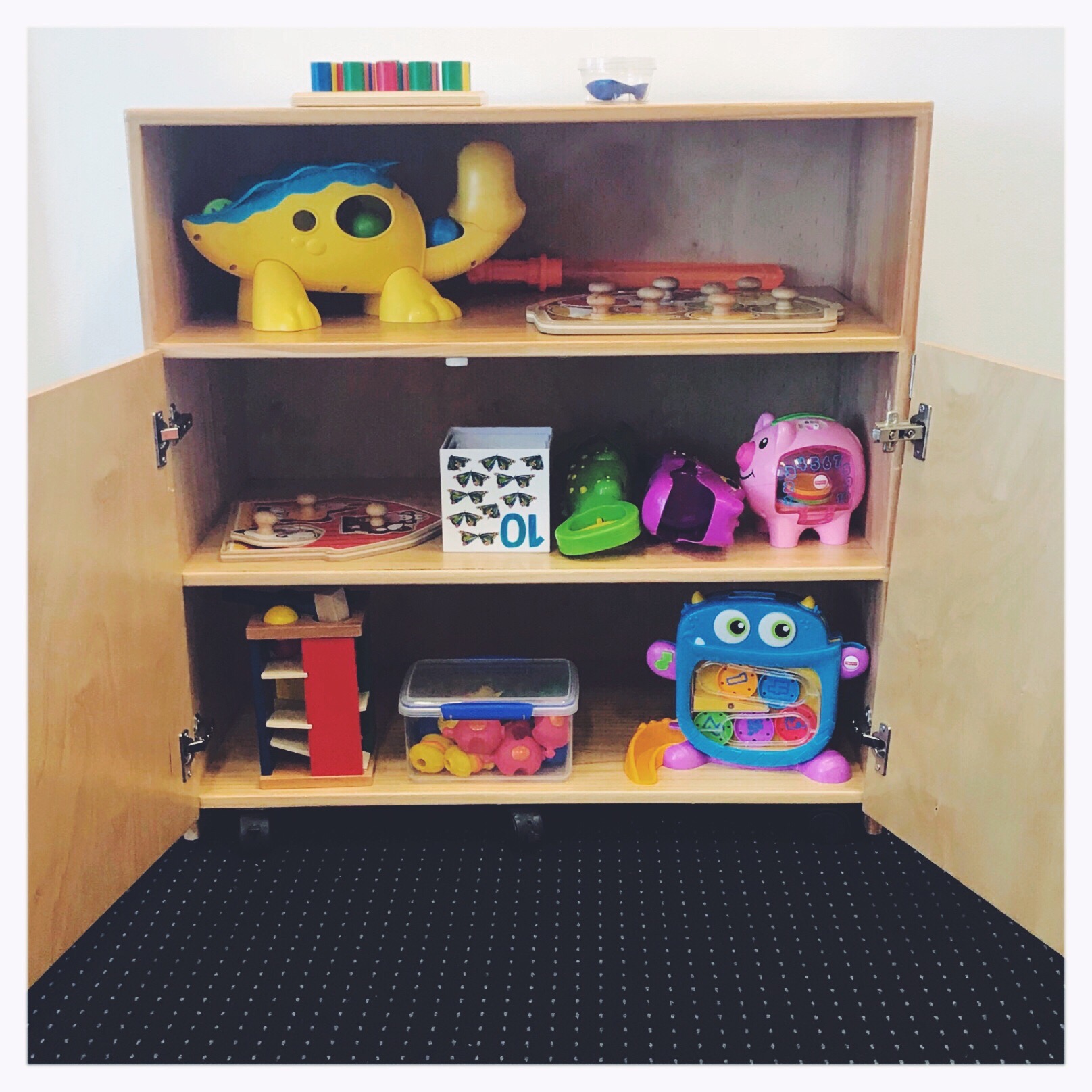
Best Practice Autism Therapy for Children in Bondi Junction, Mascot, and Sydney
Choosing the right intervention for your child with Autism Spectrum Disorder (ASD) is critical for their development. At OneOnOne Children’s Therapy, we offer evidence-based, best practice therapies that make a real difference in the lives of children with autism. Our clinics in Bondi Junction, Mascot, and Sydney provide the support your child needs to thrive. Let’s explore how best practice autism therapy works and why it’s essential for your child’s growth.
What is Best Practice Autism Therapy?
Best practice autism therapy uses proven methods, backed by research, to help children with autism improve social, communication, and cognitive skills. These therapies don’t just follow a one-size-fits-all approach. They are tailored to fit each child’s unique needs and strengths. The key components of best practice autism interventions include:
- Research-Backed: The therapies we offer are grounded in scientific studies.
- Individualised Plans: Every child receives a therapy plan designed just for them.
- Early Intervention: Starting therapy as early as possible leads to better results.
- Family Involvement: We work closely with families to ensure progress at home.
- Data-Driven: We track progress regularly to ensure continuous improvement.
Why Early Intervention Matters
Starting early with autism therapy is crucial. Research shows that children with autism who receive early intervention therapies have better long-term outcomes. At OneOnOne Children’s Therapy, we focus on early intervention because it helps children build foundational skills in communication, social interaction, and learning.
Our team of experts in Bondi Junction and Mascot are here to give your child the best possible start. Through early intervention, we help children develop the skills they need to succeed in everyday life.
Evidence-Based Autism Therapies in Bondi Junction and Mascot
At OneOnOne Children’s Therapy, we specialise in the Early Start Denver Model (ESDM), one of the most respected autism therapies worldwide. The ESDM is a play-based, interactive therapy that focuses on helping young children with autism build communication and social skills.
Key Features of the Early Start Denver Model (ESDM):
- Play-Based Learning: Children learn best through play, and ESDM makes learning fun and engaging.
- Child-Led: We let the child lead the interactions, ensuring that they stay interested and motivated.
- Parent Participation: We involve parents in every step of the therapy to ensure that the child’s progress continues at home.
- Holistic Approach: ESDM targets all areas of development, from social skills to motor abilities.
Our Bondi Junction and Mascot clinics are equipped with certified ESDM therapists who have undergone extensive training to deliver this evidence-based therapy.
Why We Choose ESDM for Autism Therapy
The Early Start Denver Model (ESDM) stands out as one of the best therapies for children with autism. This therapy is backed by over 30 years of research and has been proven to significantly improve developmental outcomes in young children. We choose ESDM at OneOnOne Children’s Therapy because it allows us to:
- Start Early: ESDM is designed for children as young as 6 months.
- Customise Treatment: Every child receives a personalised plan that addresses their unique needs.
- Incorporate Play: We use play-based learning to make therapy enjoyable and effective.
- Track Progress: We collect data from each session to monitor your child’s development.
- Support Families: We empower parents with tools and strategies to continue therapy at home.
How ESDM Works in Our Bondi Junction and Mascot Clinics
When you bring your child to OneOnOne Children’s Therapy for ESDM, we start by conducting a detailed assessment using the ESDM curriculum checklist. This checklist includes key developmental areas such as social communication, play, and cognitive skills. Our certified therapists set clear, achievable goals and work with your child to meet these milestones.
What an ESDM Therapy Session Looks Like:
- Child-Led Play: The therapist follows the child’s interests, using toys and games to teach new skills.
- Interactive Learning: Each session encourages communication and social interaction, with the therapist responding to the child’s cues.
- Engaging Activities: We use fun activities like building blocks, puzzles, and pretend play to enhance learning.
- Regular Progress Reviews: Every 10 weeks, we revisit the checklist to assess your child’s progress and adjust the therapy plan as needed.
By keeping therapy fun and engaging, we ensure that your child enjoys learning and shows continuous improvement.
Combining ESDM with Other Best Practice Autism Therapies
In addition to ESDM, we offer other best practice therapies like Speech Therapy and Occupational Therapy. Our team includes certified Speech Pathologists and Occupational Therapists who integrate these therapies with ESDM to give your child a well-rounded intervention plan.
- Speech Therapy: Focuses on improving language and communication skills.
- Occupational Therapy: Helps with motor skills, sensory processing, and daily tasks.
Combining these therapies ensures that every aspect of your child’s development is addressed, giving them the best chance to succeed.
Why Choose OneOnOne Children’s Therapy for Best Practice Autism Therapy?
Families in Bondi Junction, Mascot, and Sydney trust us because we are committed to delivering the best possible care for children with autism. Our Certified ESDM therapists, Speech Pathologists, and Occupational Therapists have the expertise and dedication to support your child’s development from the very start.
We believe that early intervention, combined with a family-centered approach, is the key to helping children with autism reach their full potential. At OneOnOne Children’s Therapy, we work closely with parents to create a consistent and supportive environment for your child, both in the clinic and at home.
Contact Us for Best Practice Autism Therapy in Sydney
If you’re looking for best practice autism therapy in Sydney, Bondi Junction, or Mascot, contact OneOnOne Children’s Therapy today. We offer comprehensive assessments, personalised therapy plans, and ongoing support to help your child thrive.
Call our clinics at (02) 8065 7837 or email us to schedule a phone consultation. Let us help you find the best path forward for your child’s development.
